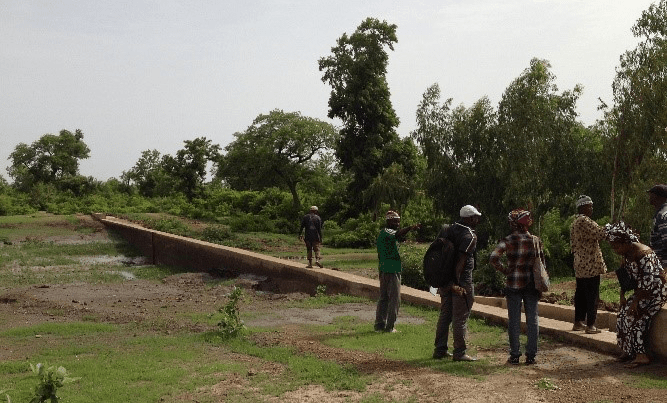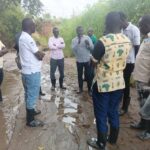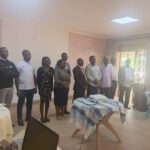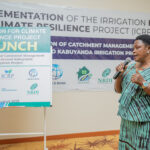Small-scale water storage in Western Sahel

Recently a consortium led by Aidenvironment won a World Bank contract for a study on operationalizing small-scale water storage initiatives with the aim of providing water security in Western Sahel. The one-year study will deliver implementation guidelines for good practices.
It is known that small-scale watershed interventions can deliver significant benefits in local water resources availability for water supply, irrigation, and other uses.: they can attenuate runoff, enhance groundwater recharge.
The objective of the study is to deliver a typology of areas (landscape, geology, soil, climate, land use) that will firstly allow implementing teams (communities, NGOs, government agencies) to understand and implement small-scale interventions. Secondly it will help to lobby and advocacy purposes to influence high level policies.
The consortium consists of Aidenvironment, MetaMeta, Acacia Water, UNESCO-IHE, UNESCO-IGRAC (International Groundwater Resources Assessment Centre), Global Water Partnership West-Africa, WOCAT (World Overview of Conservation Approaches and Technologies, at University of Bern), Verdant Earth (at Leeds University), and SRC (Stockholm Resilience Centre).
Work has already begun on a literature review. This will be followed by the development of typologies for the potential of small-scale interventions (based on e.g. biophysical and socioeconomic characteristics). A web tool will be made to enable implementers to assess the water issues and demands, understand the type of water resource to be used, and determine what kind of interventions from the 3R approach (Recharge, Retention, Reuse) are possible given the conditions.
For more information, please contact Niels Lenderink



